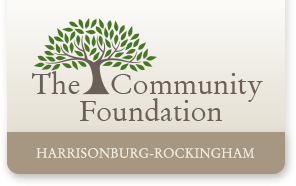Fund types tailored to your client’s charitable goals
Fund types tailored to your client’s charitable goals
Just as each of your clients has a unique estate plan and financial plan to meet the client’s particular situation and goals, each of your philanthropic clients needs a unique charitable giving plan. For example, for some clients, giving shares of highly-appreciated stock consistently every year to their fund at The Community Foundation makes the most sense for their charitable goals and their mix of assets. For other clients, leaving a bequest to The Community Foundation to support specific areas of interest is the best fit for the client’s financial situation and community priorities.
The Community Foundation offers charitable giving vehicles to meet a wide range of clients’ needs. In many cases, a single client can benefit from setting up multiple funds of different types.
Here’s a quick primer on a few of the most popular fund types.
Donor-advised Fund
A donor-advised fund enables your client to establish a specific account for charitable giving. Your client makes tax-deductible contributions of cash (or, ideally, stock or other highly-appreciated assets) to the fund, and then recommends grants to favorite charities.
Field-of-interest Fund
Clients who want to target their giving to specific areas of community need (such as education, health, environment, or the arts) can set up a field-of-interest fund to establish parameters for grant making under the ongoing guidance and expertise of The Community Foundation’s staff.
Designated Fund
A designated fund allows a client to direct giving to a specific agency or purpose. Over time, The Community Foundation’s staff manages the distributions from the fund according to the terms established by your client.
Agency Fund
An agency fund is similar to a designated fund, except in the case of an agency fund, the source of the initial contribution is the beneficiary nonprofit organization itself, not a donor or donors as is the case with a designated fund. If your client serves on boards of directors of charities, they’d likely be interested in learning more about agency funds. Indeed, if you represent nonprofit organizations and their board members in your practice, it’s helpful to keep in mind that organizations frequently establish agency funds at The Community Foundation to set aside endowment reserves or rainy day funds. The team at The Community Foundation is adept at navigating the specific accounting standards that are unique to this type of arrangement.
Scholarship Fund
Clients can set up funds to support students’ educational pursuits based on the parameters and application requirements they outline with help from the experts at The Community Foundation.
Here’s a pro tip: If you represent clients who are age 70 ½ and older, consider recommending a Qualified Charitable Distribution from a client’s IRA to a fund at The Community Foundation. All of the fund types noted above are eligible recipients, with the exception of only the donor-advised fund.
We look forward to working together to discover the type of fund (or funds!) at The Community Foundation that could be a good fit for each client’s unique charitable giving needs.
This article is provided for informational purposes only. It is not intended as legal, accounting, or financial planning advice.






















